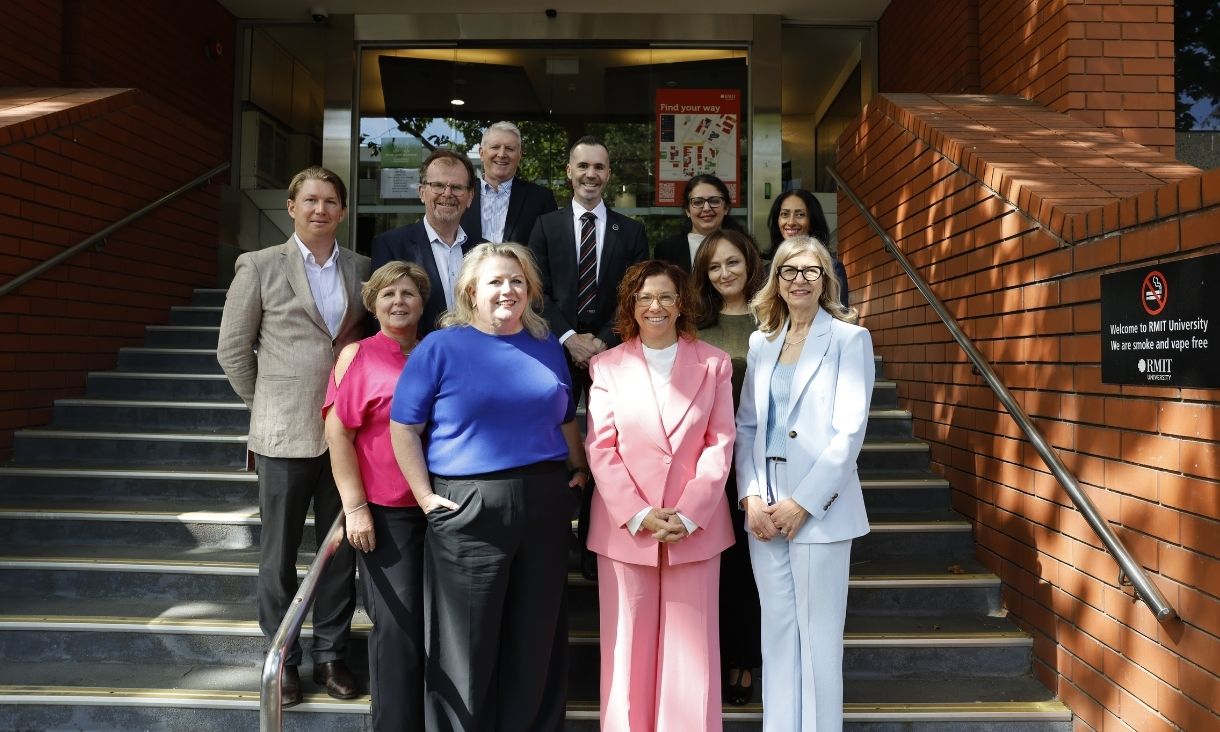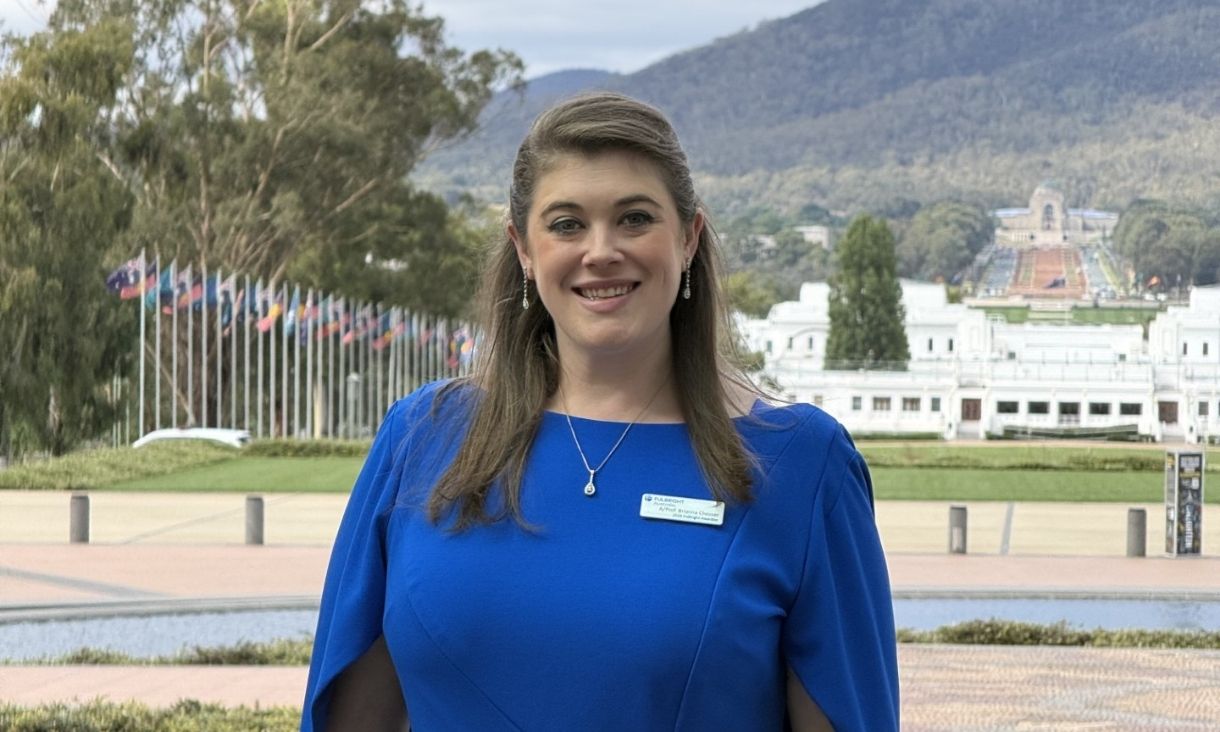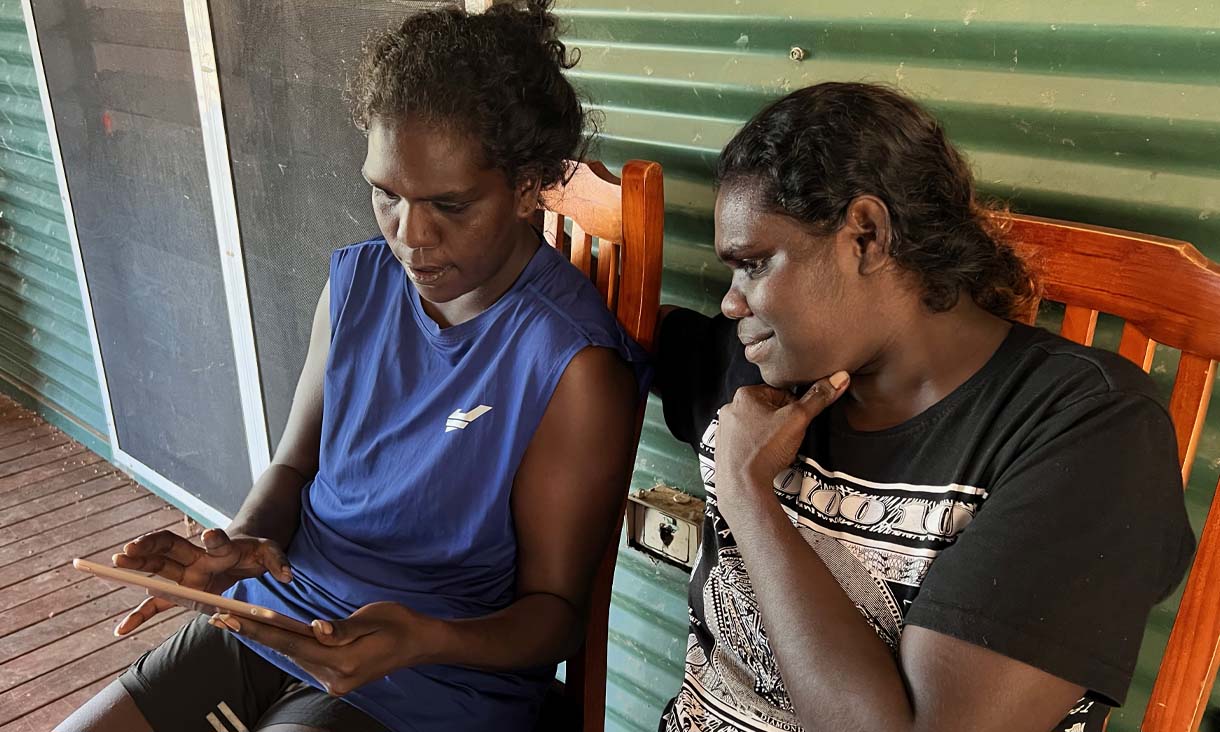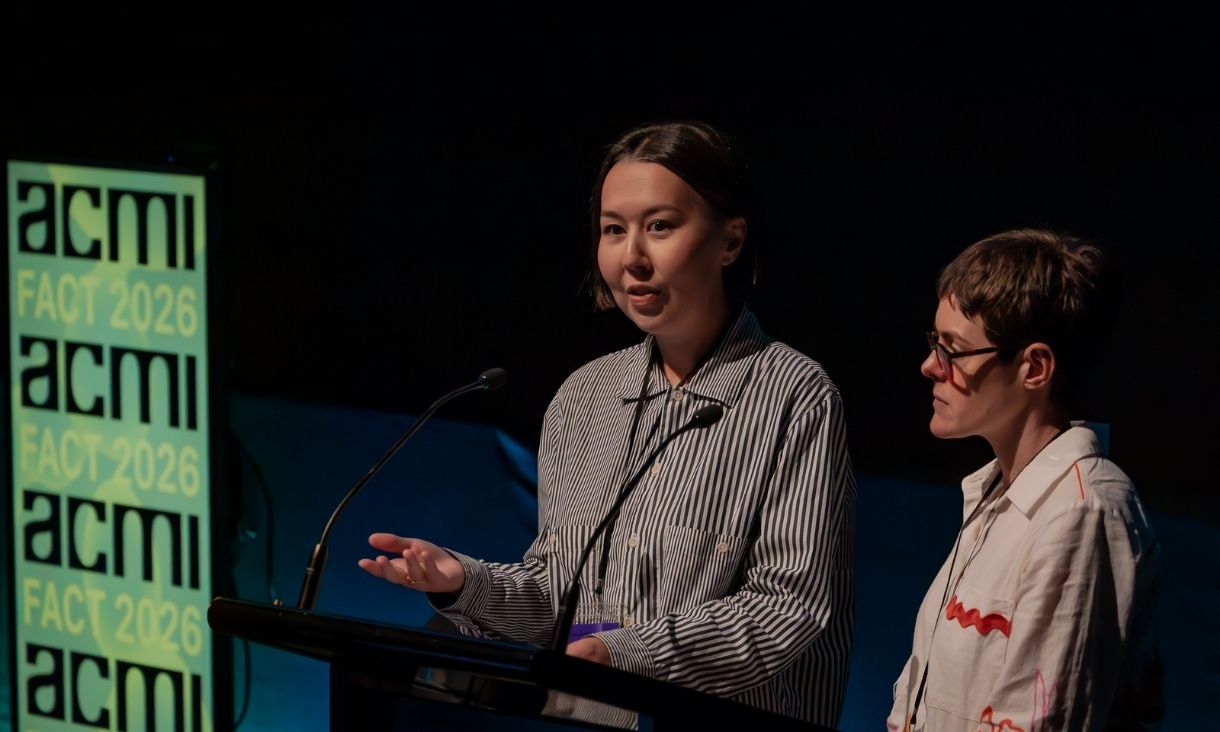Hosted by RMIT’s Social Innovation Hub, the festival explores diverse perspectives on place-shaping and place-making through a series of panel discussions and interactive workshops and demonstrations.
Key discussions will delve into accessibility to promote sustainability, community wellbeing and belonging in common spaces.
Deputy Director of RMIT’s Centre for Industrial Artificial Intelligence Research and Innovation (CIAIRI), Rita Arrigo, will be discussing Ways AI is creating new opportunities to create more inclusive work and city experiences.
Arrigo, who was first introduced to AI for inclusion in a previous role at Microsoft, says her interactive demonstration will highlight the opportunities to improve navigation and interactions for people with a vision impairment.
“The challenges with navigating a place with vision impairment go beyond direction. They have difficulty understanding people’s emotions, gender, age and reading currency and text,” she said.
“Thankfully we now have technology available that can greatly improve accessibility and inclusion such as directional and descriptive sounds which work towards solving this challenge.”
“In regard to direction, indoor spaces that are not normally mapped liked stations, shopping malls, art galleries could be mapped with beacons and phone sensors and geomagnetic positioning to accurately track a visitor’s location indoors, delivered in the form of an easy-to-use mobile app. Visitors can navigate their way seamlessly around spaces with turn-by-turn directions.”
But accessibility and inclusion are broad concepts that extends beyond physical mobility.
Nithya Solomon, Director, Innovation Catalyst at RMIT’s Social Innovation Hub has leadership experience with large scale social inclusion platforms at Nike and VicHealth.
Solomon points out designing for inclusion needs to consider many factors, such as social, linguistic, and cultural, that can impact someone’s experience in a place.
“How a city looks to, has meaning for, and is experienced by one person can be completely different to that for another,” she said.
“I’m facilitating a discussion that brings forward a diverse set of considerations on place-making to promote sustainability, community wellbeing, belonging, reconciliation and connection to country.”
“We will ask the question: how can we grow more inclusive countries, cities, and neighbourhoods? And how might we be more inclusive in who has access to the opportunity to input into such processes?”
The festival is supported by City of Melbourne and the Victorian Government (VHESIF) and runs from Thursday 14 July to Thursday 21 July. Access the full program and register to attend a session at the Future/Inclusive Festival event page.
Story by: Katie Comas







